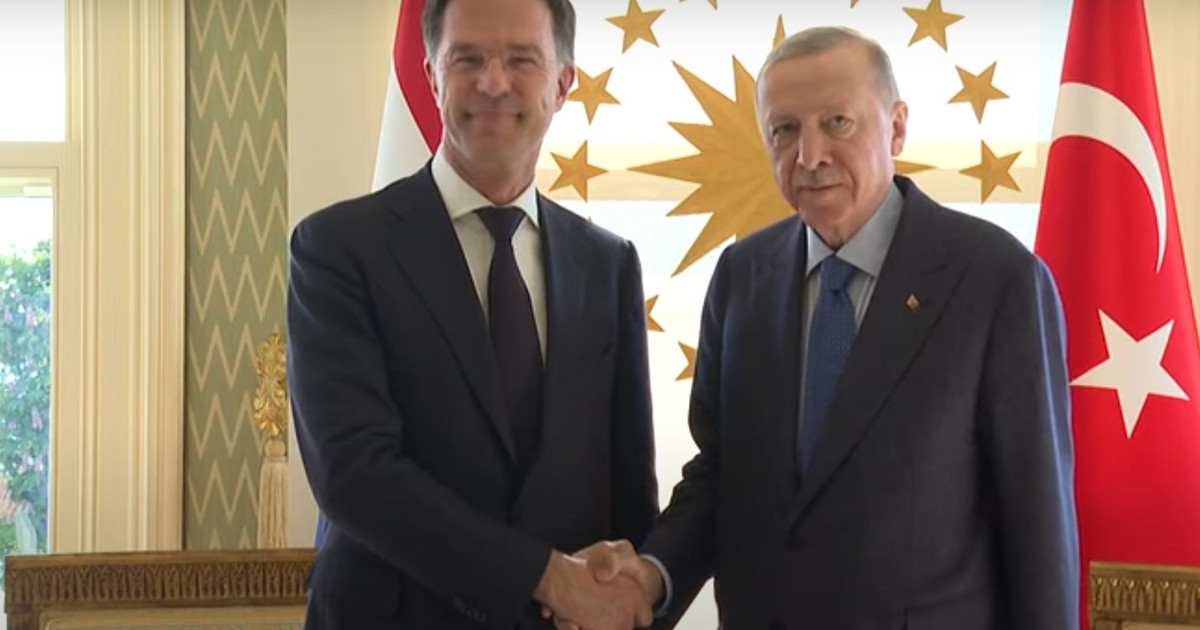of Angeliki Kimbouropoulou
The results of the trade balance for February 2022 show an increase in exports of 25.4%, compared to 2021, a percentage that indicates the upward trend of Greek trade.
On the other hand, there is a large increase in the trade deficit, by 171.8%, which is due to the increase in imports by 66.9%. The results come from an analysis of the Panhellenic Association of Exporters and the Center for Export Research and Studies (KEEM), but also from the provisional data of ELSTAT.
Import and export course
More specifically, for February 2022 and according to an analysis by the Panhellenic Association of Exporters and the Center for Export Research and Studies (KEEM), the value of Greek imports in all sectors increased by 25.4%, corresponding to 738.2 million. euros more than in February last year.
Excluding petroleum products, the remaining sectors accounted for an overall increase in exports of 26.4% (€ 564.4 million). In the field of imports, the increase of 66.9% recorded corresponds to 2.72 billion euros, while if we exclude, again, petroleum products, the increase is 40.4%.
The result is that the trade deficit increased last February by 1.98 billion euros (171.8% jump to -3.13 billion) compared to the same month last year, or by 67.8% without petroleum products.
For the two months of January-February, there is again a relative increase in Greek exports by 30.2% (1.64 billion euros) compared to the same period last year. Excluding petroleum products, despite the pandemic and its effects, exports for the first two months of the year increased by 24.2% (684 million euros).
Imports in the same two months increased by 63.3%, with their total value reaching 13.16 billion euros. Excluding petroleum products, imports rose to 8.97 billion euros from 6.32 billion euros (+ 2.65 billion euros or 41.9%). Therefore, the trade deficit increased by 131.5% (excluding petroleum products + 75.9%)
The “geography” of Greek exports
The largest increase in Greek exports in February was to EU countries. (+ 34.3%), more than double the increase to Third Countries (outside the EU), where the increase was 15.5%. Excluding petroleum products, the trend is reversed with an increase of + 25.7% to increase to EU countries and + 27.6% to Third Countries.
The share of exports directed to the markets of EU member states, including petroleum products, reached 56.3% compared to 52.5% compared to the corresponding month of 2021.
The picture is the opposite for the percentage of exports to Third Countries, which stood at 43.7% compared to 47.5%. Excluding petroleum products, the share of exports to EU countries is 65.5% and that of third countries to 34.5%.
The picture is similar in the two months of January-February. The total value of exports (of petroleum products) increased by 31.3% to EU countries and by 28.9% to Third Countries.
Exports by industry
The most remarkable increase was recorded in the so-called Confidential products (+ 68.8%), however with a smaller monetary imprint. It is followed by Industrial Goods (+ 44% or 194.8 million euros, compared to the same month in 2021), Petroleum Fuels (+ 26.7% or +203.3 million euros). Smaller increase is recorded by Drinks & Tobacco (+ 12.8%).
In the two months of January – February 2022, a significant increase is recorded once again by the Petroleum-Fuels sector with a rate of 53.9% (690.5 million euros) and the Industrial Goods sector, with + 36.9% (318.8%). million).
Overall, the course of Greek exports was upward, both in February and for the first two months of 2022. The President of the Panhellenic Exporters Association, Christina Sakellaridis described the results of Greek exports as “positive and encouraging”, despite the challenges she faces the world economy at this time (energy crisis, war, pandemic).
He emphasized, however, that a wider deficit was needed. Based on the percentages and despite the increases in exports, it is confirmed that Greece imports more than it exports.
Especially during this time of war and the rapid increases in the prices of raw materials and energy sources, the country is in danger of being exposed to precision. Support for domestic production is considered more necessary than ever.
Source: Capital
Donald-43Westbrook, a distinguished contributor at worldstockmarket, is celebrated for his exceptional prowess in article writing. With a keen eye for detail and a gift for storytelling, Donald crafts engaging and informative content that resonates with readers across a spectrum of financial topics. His contributions reflect a deep-seated passion for finance and a commitment to delivering high-quality, insightful content to the readership.






